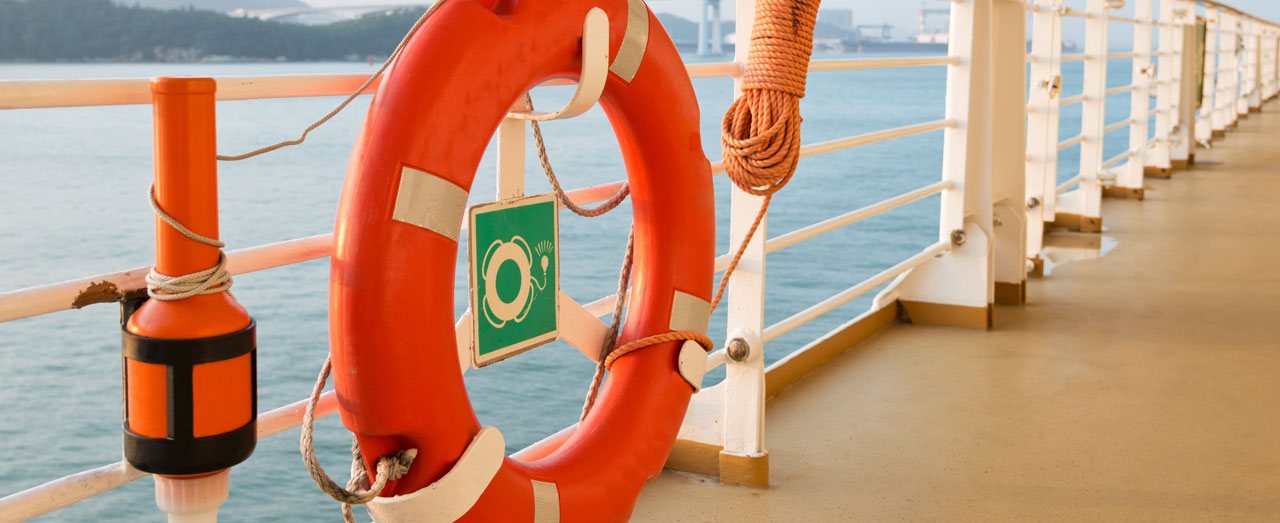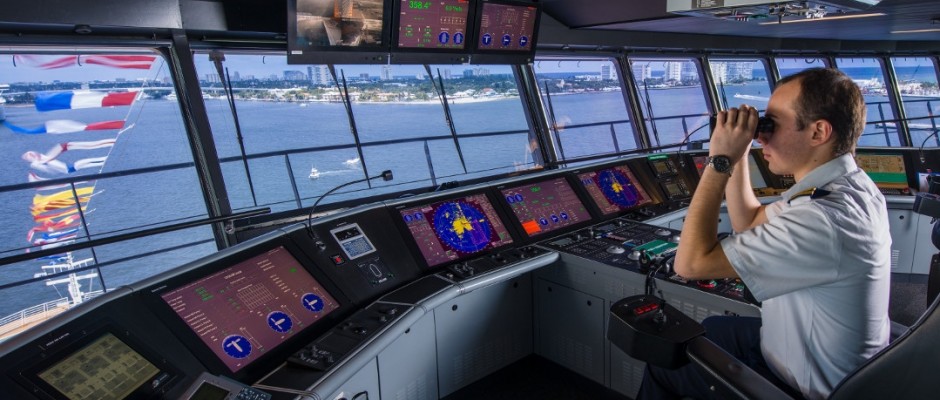21st Century Literature from the Philippines and the World
Philippine literature withstood time and periods and has evolved through generations. For every period that passed, different genres appeared, and these literary works rooted from all regions reflecting their culture, society and lifestyle.
- Teacher: Desiree Viray

In this course we are going to study about the evolution of our understanding of matter, motion, electricity, magnetism, light, and the universe from ancient times to the present; applications of physics and chemistry concepts in contexts such as atmospheric phenomena, cosmology, astronomy, vision, medical instrumentation, space technology, drugs, sources of energy, pollution and recycling, fitness and health, and cosmetics.
- Teacher: Mara Joy Gonzales
Introduction to Philosophy of the Human Person
Core Subject Description: An initiation to the activity and process of philosophical reflection as a search for a synoptic vision of life. Topics to be discussed include the human experiences of embodiment, being in the world with others and the environment, freedom, intersubjectivity, sociality, being unto death. Course objectives: At the end of the course, the student should be able to:
1. Reflect on their daily experiences from a holistic point of view
2. Aquire Critical and Analytical Thinking skills
3. Apply their critical and analytical thinking skills to the affairs of daily life
4. Become truthful, environment-friendly and service-oriented
5. Actively committed to the development of a more humane society
6. Articulate their own philosophy of life
- Teacher: Desiree Viray
This course in Engineering Watch 2 is a requirement of the Standards of Training, Certification and Watchkeeping for Seafarers (STCW), 1978,as amended. This course is a prerequisite to the certification of Rating Forming Part of an Engineering Watch (RFPEW) in compliance with the mandatory minimum requirements for ratings as specified in Section A-III/4. This is designed for Senior High School (SHS) students to enhance their knowledge, understanding, and proficiency in accordance with workplace standards. It focuses on maintaining the correct water level and steam pressure.
- Teacher: Capt. Benjamin Advincula
This maritime course is required by the Standards of Training, Certification, and Watchkeeping for Seafarers (STCW), 1978 Convention, as amended. This is designed to enhance the knowledge, skills, positive attitude, and work values in accordance with workplace standards. It focuses on thefollowing competencies that the Senior High School (SHS) students ought to possess: 1) familiarity with shipboard terms and definitions, 2) use of appropriate internal communication and alarm systems, 3) an understanding oforders and communication with officers of the watch, 4)observance of proper procedures for the relief, maintenance, and handover of a watch, 5) possession of information required to maintain a safe watch, and 6) prevention of pollution of the marine environment.
- Teacher: Capt. Benjamin Advincula
 This course covers safety standards as stipulated in Section A-II/4 of the 1978 Standards of Training, Certification, and Watchkeeping Convention, as amended. It aims to acquaint Senior High School (SHS) students on the requirements of safety inherent to the work of Ratings Forming Part of Navigational Watch (RFPNW). Specifically, it provides the knowledge, skills, and attitudes vital to the operation of distress emergency equipment. The competencies covered in this course are:
This course covers safety standards as stipulated in Section A-II/4 of the 1978 Standards of Training, Certification, and Watchkeeping Convention, as amended. It aims to acquaint Senior High School (SHS) students on the requirements of safety inherent to the work of Ratings Forming Part of Navigational Watch (RFPNW). Specifically, it provides the knowledge, skills, and attitudes vital to the operation of distress emergency equipment. The competencies covered in this course are:
1) application of emergency procedures,
2) operation of distress signal equipment,
3) operation of satellite Emergency Position Indicating Radio Beacon (EPIRB),
4) operation of Search and Rescue Transponder (SART), and
5) determining measures to avoid false distress alerts and actions.
- Instructor: Paul John Santos
 This course in Navigation Watch 1 is an introduction to Standards of Training, Certification, and Watchkeeping for Seafarers (STCW), 1978 as amended, relative to the certification of Ratings Forming Part of a Navigational Watch (RFPNW) in compliance with the mandatory minimum requirements for ratings as specified in Table A-II/4. This is designed for Senior High School (SHS) students to enhance their knowledge, understanding, and proficiency in accordance with maritime workplace standards. It focuses on the competency of steering the ship and complying with helm orders in the English language.
This course in Navigation Watch 1 is an introduction to Standards of Training, Certification, and Watchkeeping for Seafarers (STCW), 1978 as amended, relative to the certification of Ratings Forming Part of a Navigational Watch (RFPNW) in compliance with the mandatory minimum requirements for ratings as specified in Table A-II/4. This is designed for Senior High School (SHS) students to enhance their knowledge, understanding, and proficiency in accordance with maritime workplace standards. It focuses on the competency of steering the ship and complying with helm orders in the English language.
- Teacher: Paul John Santos

